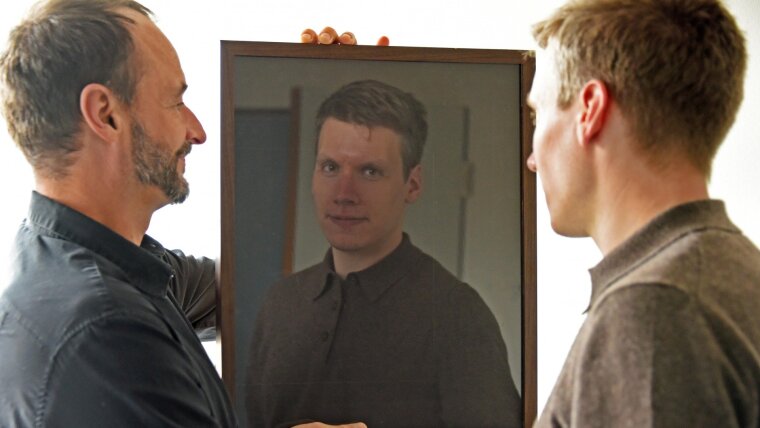
- Research
Published: | By: Sebastian Hollstein
For many people, science has become a question of faith - the acceptance of research results increasingly depends on whether they fit in with their own world view. This poses new challenges for science communication. Simply preparing content in an appealing and accessible way for the public in order to close gaps in knowledge and present new innovations is no longer enough. But how can political bias be overcome? This is what communication scientists at Friedrich Schiller University Jena have been investigating since this month in the research project "SensipoV - Sensitisation for political bias in dealing with scientific evidence as a challenge for science communication", funded by the Federal Ministry of Education and Research.
"We all have a tendency to believe certain scientific findings that support our world view rather than others - this has long been known," says Prof Dr Tobias Rothmund from the University of Jena, who is leading the project together with Prof Dr Christian Thiel, describing the problem. "Issues such as climate change or the Covid-19 pandemic are and have been politically controversial - the way scientific evidence in these and other areas is handled often depends on political convictions. If scientific findings and political attitudes do not match, studies are deemed less trustworthy, scientists are denied expertise or research methods are questioned. To overcome such resistance, it is no longer enough to simply explain research results well."
Making bias visible
In order to overcome this political bias, the Jena researchers are focussing on one thing in particular: making it visible in order to create awareness of the problem in the first place. They want to develop a tool - a kind of test - that anyone interested can use to determine their own political bias. "Users will be able to assess factual situations based on reliable data on topics that are particularly politically polarising. The estimates will also reflect the respective political bias," explains the communication psychologist from Jena. "After answering several such questions, you can recognise a pattern that makes the bias visible and quantifiable." Thanks to a reference value previously determined by surveying a representative group, users can categorise their bias.
In order to constructively counter the possible accusation that subject areas for the estimates may be selected too selectively or even biased, the researchers involve the respondents directly in advance. They can suggest statistics and questions for the tool themselves. To this end, the Jena communication scientists have brought citizen science expert Prof Dr Christian Thiel on board, who is also responsible for the technical design and implementation of the self-test.
Stimulate self-reflection
In a further step, Tobias Rothmund and his team want to check whether the method works. Ideally, a process of self-reflection is triggered that actually contributes to sensitisation, says the communication psychologist from Jena. "In any case, we gain important insights into how we can better counter the phenomenon of political bias. We need an enlightened society for the challenges of the future - and for this it is important to also make science communication the subject of research."
In order to stimulate such reflection processes at an early stage and support political education, the researchers also want to adapt the test for young people and for use in schools. The project is therefore linked to the Centre for Right-Wing Extremism Research, Democracy Education and Social Integration at the University of Jena.
Contact:
by arrangement, by e-mail via Ms. Junold